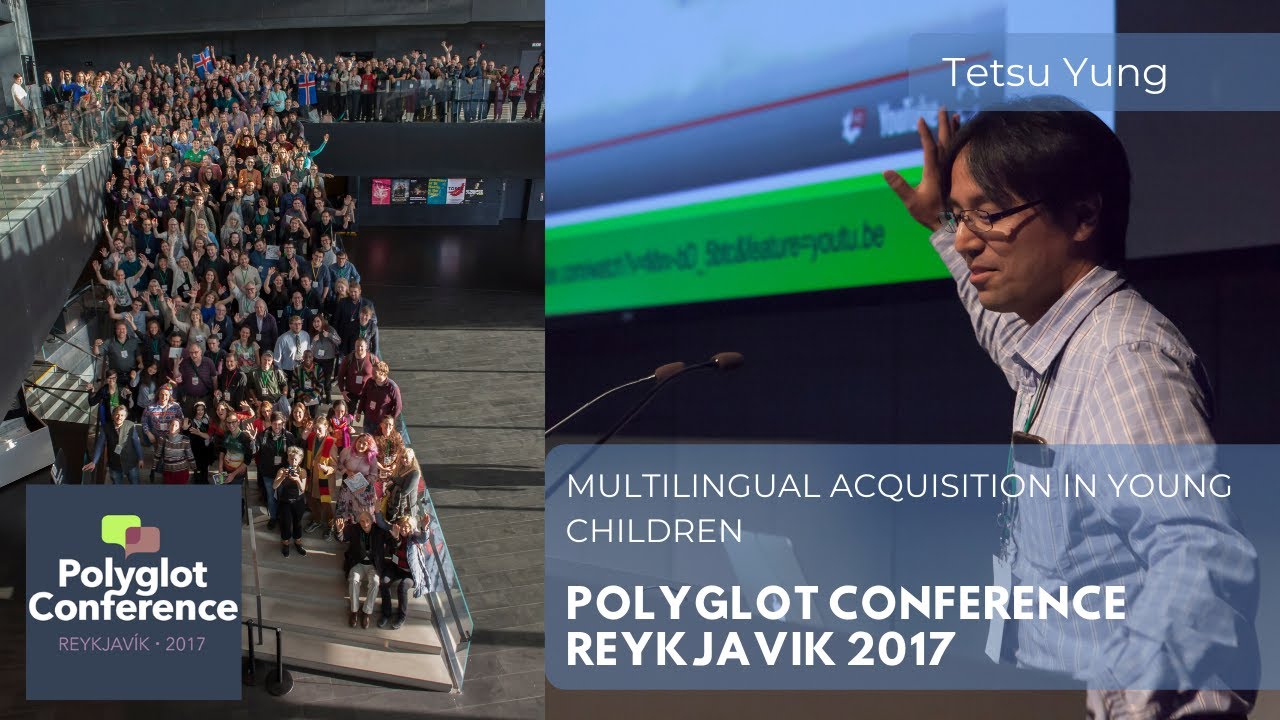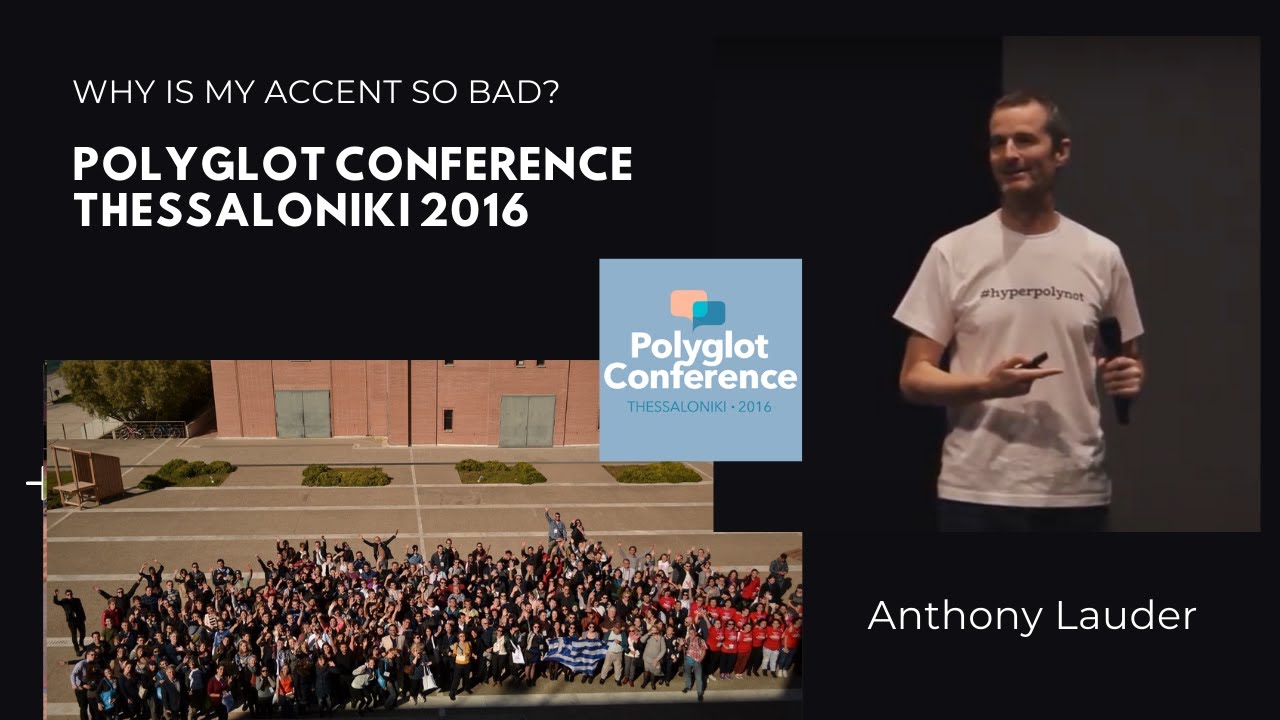Anita-Lean,
Don’t beat yourself up over this. In the end, we do what we can, and as parents, I know how much effort each and everyone of us puts into their children’s education. If our kids don’t learn a second language while they are young, they can always do so when they are adults.
I am not sure how your school systems work. I can speak for the Lebanese because I was raised there for some time. Maybe you will be able to determine what can be done differently based on our school system. One thing I know is that Lebanese schools are incredibly tough.
But let’s just talk about the languages for the sake of this thread. Our language classes were given 100% in that language since day 1. Children also study other materials, like social sciences, math, physics, and biology in either English or French. Not only does that help by exposing kids around the clock to the languages but it also pushes them to actively engage in their languages, by answering questions, completing homework, taking tests, etc in a foreign language.
We were lined up for prayer in the morning for example, which we did in all 3 languages. The country in general runs on 3 languages. You walk in Beirut and you can easily spot the language diversity.
People normally would great you with: “Hi, keefak, ca va?” Keefak means how are you in Arabic. And btw this is something we call code switching in linguistics where multiple languages are used to express one thought.
Also Lebanese kids finish school and are overloaded with homework. I remember having to study for another 4-5 hours after finishing school. So it’s pretty intense and compared to the US, I think kids finish school in Lebanon better equipped for their university studies than here.
Again there is no right or wrong way to teach a child a second language. I tried a lot of ways and stuck to what worked. Even now, I don’t sit down with my kiddos every day all day to teach them their languages. I do that often but I also immerse them in whatever they are learning by playing familiar kid songs in German or watching a movie in Arabic. I always have German or arabic podcasts playing in the house.
By the way, check out the app radio garden. You can listen to radio stations around the world in real time - really cool!
Zeina





